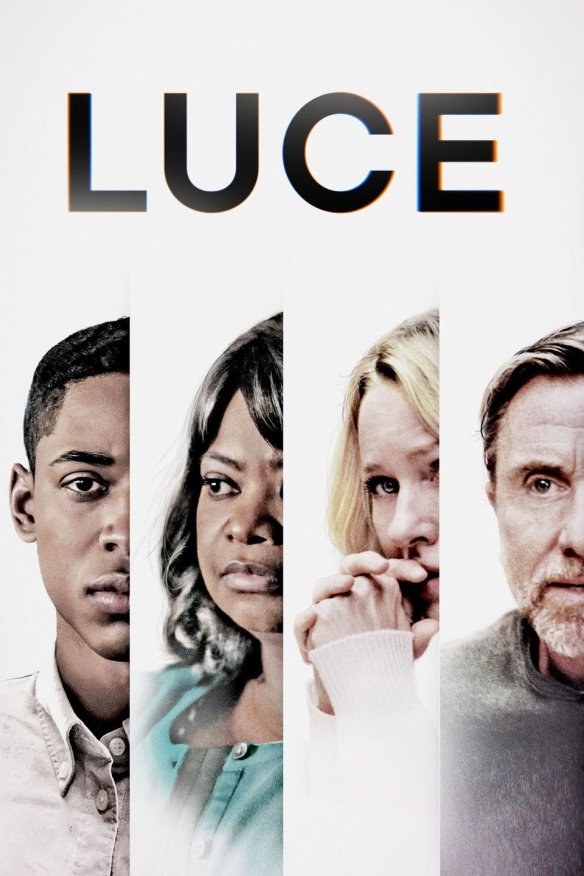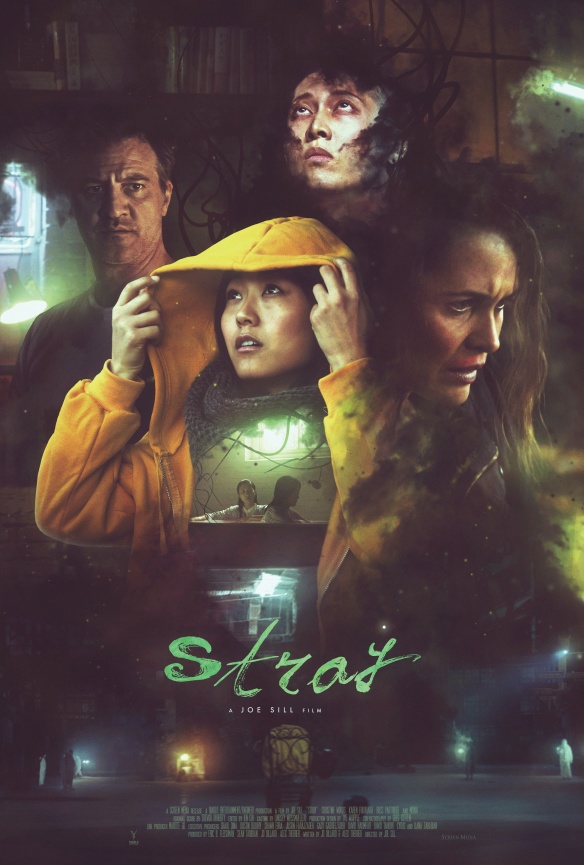Greetings Loved Ones! Liu Is The Name, and Views Are My Game.
As many of you already know, my all-time goal is to work as a screenwriter. And as some others among you might also be aware, in order to hone my craft and achieve this objective, I enrolled in the Dramatic Writing Program at NYU Tisch. I’ve had a great time here, and learned a lot, and today, I’d like to share one of the many valuable pieces of information I gathered with you all. That being that all drama is conflict.
In a dramatic work, be it a play, TV show, or movie, there has to be some kind of disagreement or dissatisfaction. Without it, there is no story. If characters are agreeing with each other, or are completely happy with their state in life, they have no reason to act. They have no reason to embark on dangerous, life-changing adventures. Walter White would never cook Meth if he weren’t poor and dying of cancer. John McLane would never go to the Nakatomi Plaza and fight those terrorists if he and his wife weren’t at odds with one another. Even in comedies, like The 40-Year-Old Virgin, the characters are acting out of some kind of pain. Steve Carrell’s character has never had sex, and now he has to take action in order to address his own feelings of dissatisfaction. The bottom line is, if there’s no conflict, there’s no story.
But, with all that said, stories can’t just be conflict. There also have to be consequences in order for a narrative to be both compelling and realistic. No one likes watching people yell at each other endlessly. It’s much more interesting to have two people get into an argument, and then have one of them storm out of the room, or get convinced by the other’s point. The reason is that, in those cases, the character’s actions yielded consequences. Which is far more realistic. In real life, when we yell at, or hurt, our friends and loved ones, they get angry at us, and we suffer as a result. We experience the consequences of the conflict we created. So, if you want to make your plot and characters believable, have your protagonists act out of some form of dissatisfaction, have there be some kind of conflict between them and other characters, and finally, have that conflict yield some kind of consequence.
The reason I’ve given you all this brief lesson in drama is that, I just watched Steve Jobs, the latest film from acclaimed screenwriter Aaron Sorkin, and it is literally nothing but conflict without consequence. It’s a story about the late Apple Inc creator, Steve Jobs, launching three different products on three different occasions, and all the backstage drama between him, his ex-wife, his boss, and his old colleagues. There’s lots of yelling, lots of arguing, and lots of conflict, but there are absolutely no consequences, no repercussions, to it all. He argues with his ex about whether or not their daughter is even his, and rather than have the girl be outraged and saddened by the fact that her own father doesn’t want her, Sorkin has her constantly hanging out with Steve, saying she loves and wants to live with him, and asking him important life lessons. Jobs is shown disavowing his old boss and business colleagues, and yet, for some odd reason, Sorkin has these people he betrayed come to each of his launches, and wish him good luck. I’m honestly kind of shocked that such a talented writer made such a basic story-telling error. In most of his earlier works, such as The Social Network and Charlie Wilson’s War, the characters suffer as a result of their choices. Mark Zuckerberg is left alone and friendless because of his selfish actions, while Charlie Wilson is forced to watch Afghanistan be consumed by radicalism because of his short-sighted policies. Here, there are no consequences to Steve Jobs’ actions. He behaves like a jerk, and yet, still has all his friends and loved ones by the end of the movie.
The hell, man?
Look, I realize that maybe Sorkin was trying to be respectful since Steve Jobs passed away recently, but come on! There’s no drama here! None of the character’s actions make sense. Yes, the dialogue is still snappy, and the performances are great, but the story makes so little sense in terms of realism, and is so painfully boring, and utterly lacking in tension in some places, that I can’t give the movie anything higher than a 6.5 out of 10. And that makes me sad. I’m a writer, and a big fan of Aaron Sorkin’s. I wanted to like this movie. But, alas, Steve Jobs was not all that it was built up to be. Such a shame. Such a waste.




